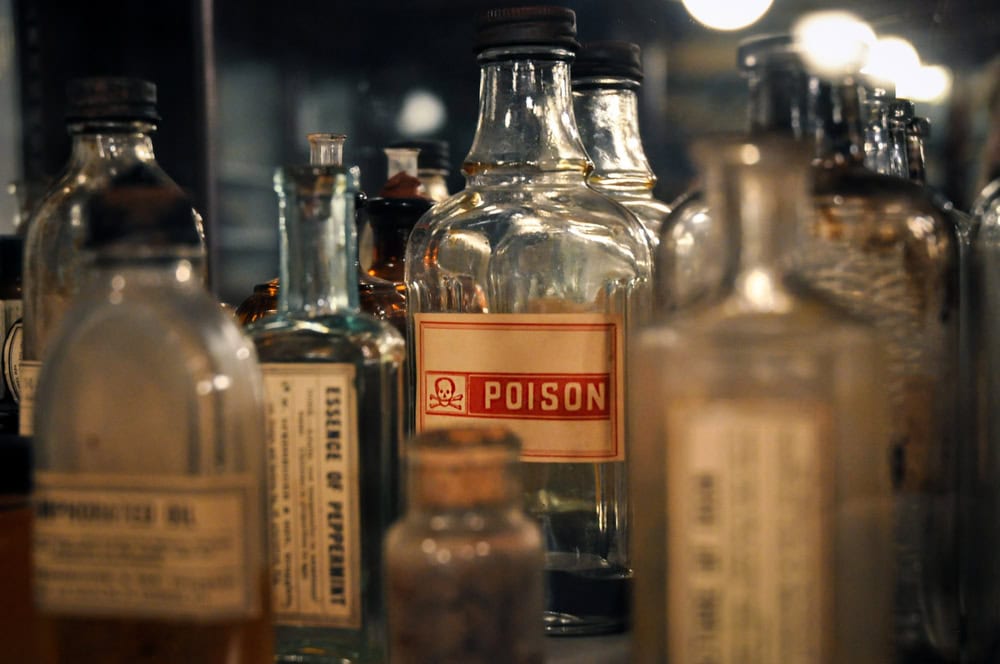The pesticide initiatives deserve a counterproposal
The two referendums on a pesticide ban and on drinking water are justified but inflexible. Professor Bernhard Wehrli of ETHZ believes that a strong counterproposal is needed quickly.

More than 300 different Pesticides protect cereals, fruit and vegetables in Switzerland against weeds, insects and fungal attack. This prevents crop failures, worm-ridden fruit and rotten vegetables on the market. Ideally, such measures act Plant protection products only briefly and are then degraded by bacteria. Two pending popular initiatives want to reduce or even ban the use of artificial pesticides in Swiss agriculture. I think it is unrealistic to completely abandon agrochemicals in the cultivation and import of food, as the pesticide initiative demands, if we want to feed a globally growing population safely under rapidly changing environmental conditions.
Arable farming pollutes drinking water
However, the initiators are addressing a real and serious problem. Recent studies confirm the widespread contamination of Swiss groundwater with pesticides, especially in arable areas of the Central Plateau. In fact, the consumption of pesticides in the Swiss Agriculture The amount of pesticides applied to crops is considerable, even by international standards, and more than 2,000 metric tons are sprayed on crops. Rain washes some of these chemicals into the groundwater, as well as their degradation products, so-called metabolites. In the cool subsurface, degradation occurs slowly and the chemicals accumulate. Certain pesticides, such as the weedkiller atrazine, remain detectable for decades, even if the substance has long been banned. The Drinking Water Initiative therefore demands that in arable farming, only those farms that dispense with synthetic pesticides receive direct payments.
Problem case metabolites
While not all pesticide metabolites are dangerous, research is constantly uncovering new risks. Some metabolites are more soluble in water and significantly more persistent than the original active ingredient. The fungicide chlorothalonil is a recent example. The substance is approved in this country against fungal infestation in vegetable and cereal crops. However, the European Food Safety Authority recently tightened the risk profile of this fungicide because the substance can potentially cause cancer. As a result, the EU Commission has not renewed the approval, and its use is also to be banned in Switzerland.
However, this does not solve the problem - Swiss groundwater is already too heavily polluted with metabolites of chlorothalonil. Karin Kiefer, a doctoral student at ETH Zurich, examined 31 groundwater samples at Eawag and detected a new degradation product of chlorothalonil in 20 cases. On average, this exceeds the limit value by a factor of five; the highest concentration is even 27 times higher than permissible. Affected water catchments would now actually have to be remediated within a month. However, due to the widespread pollution in agricultural areas and the lack of purification techniques, this will not be possible.
More info









